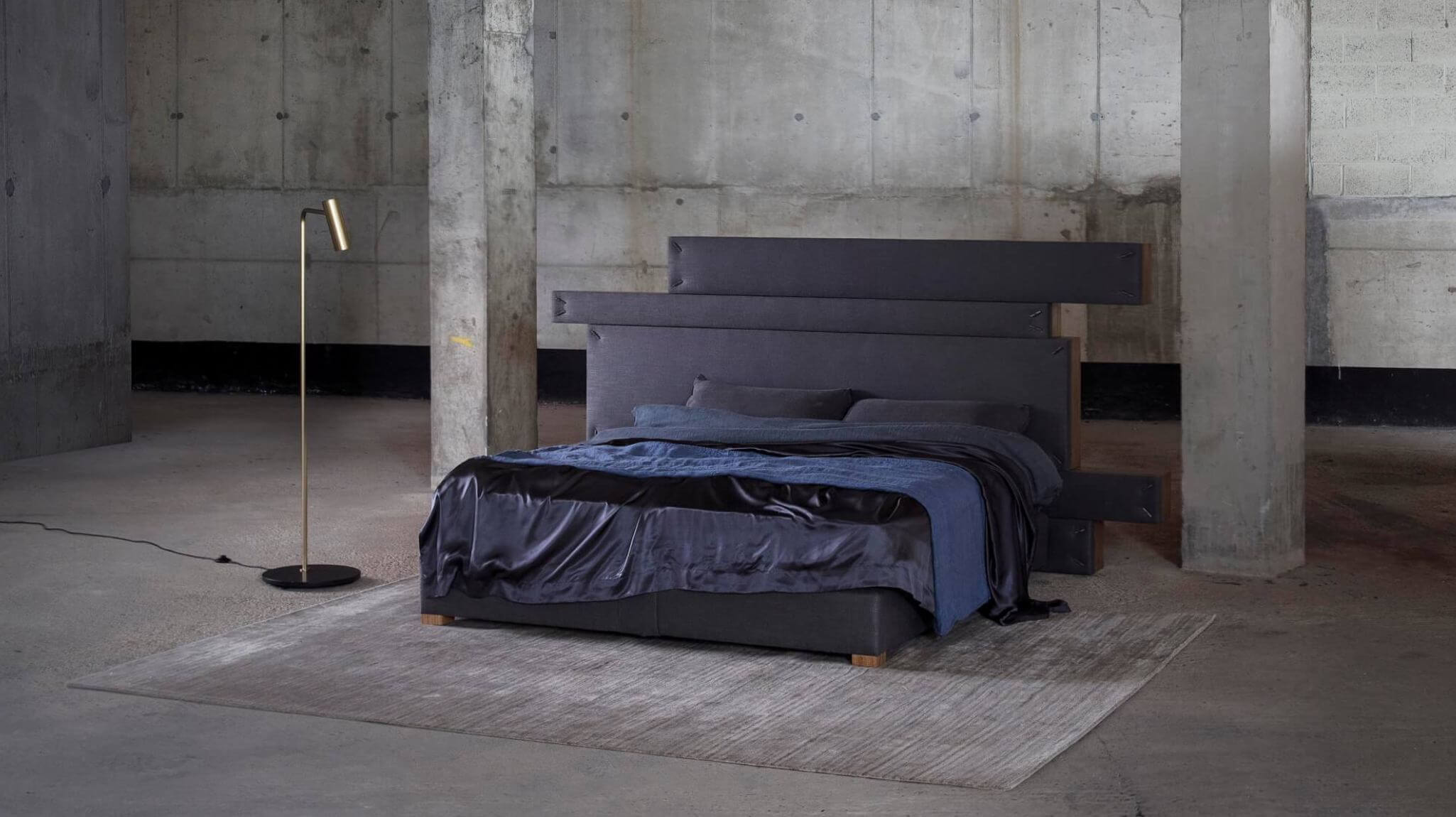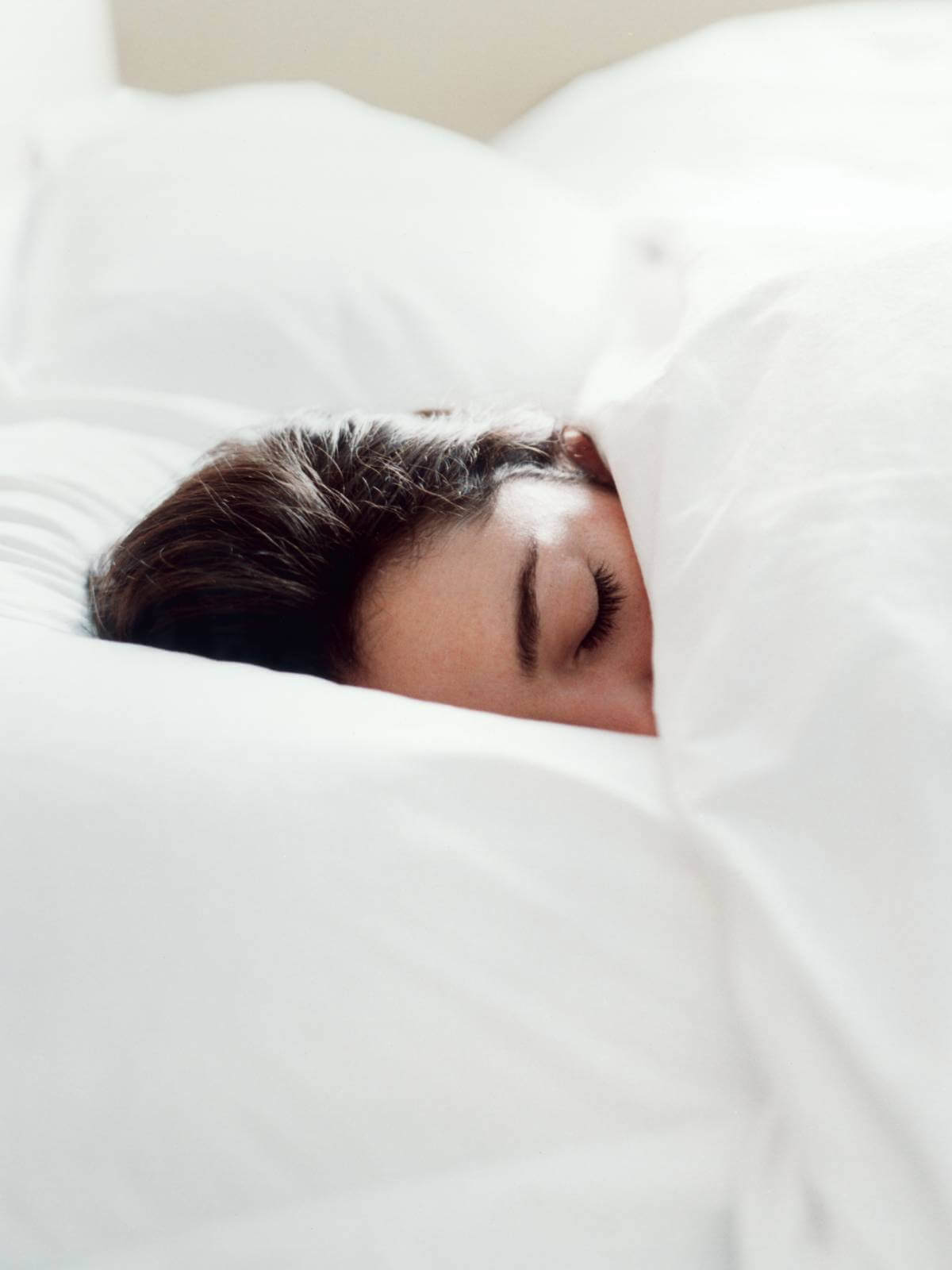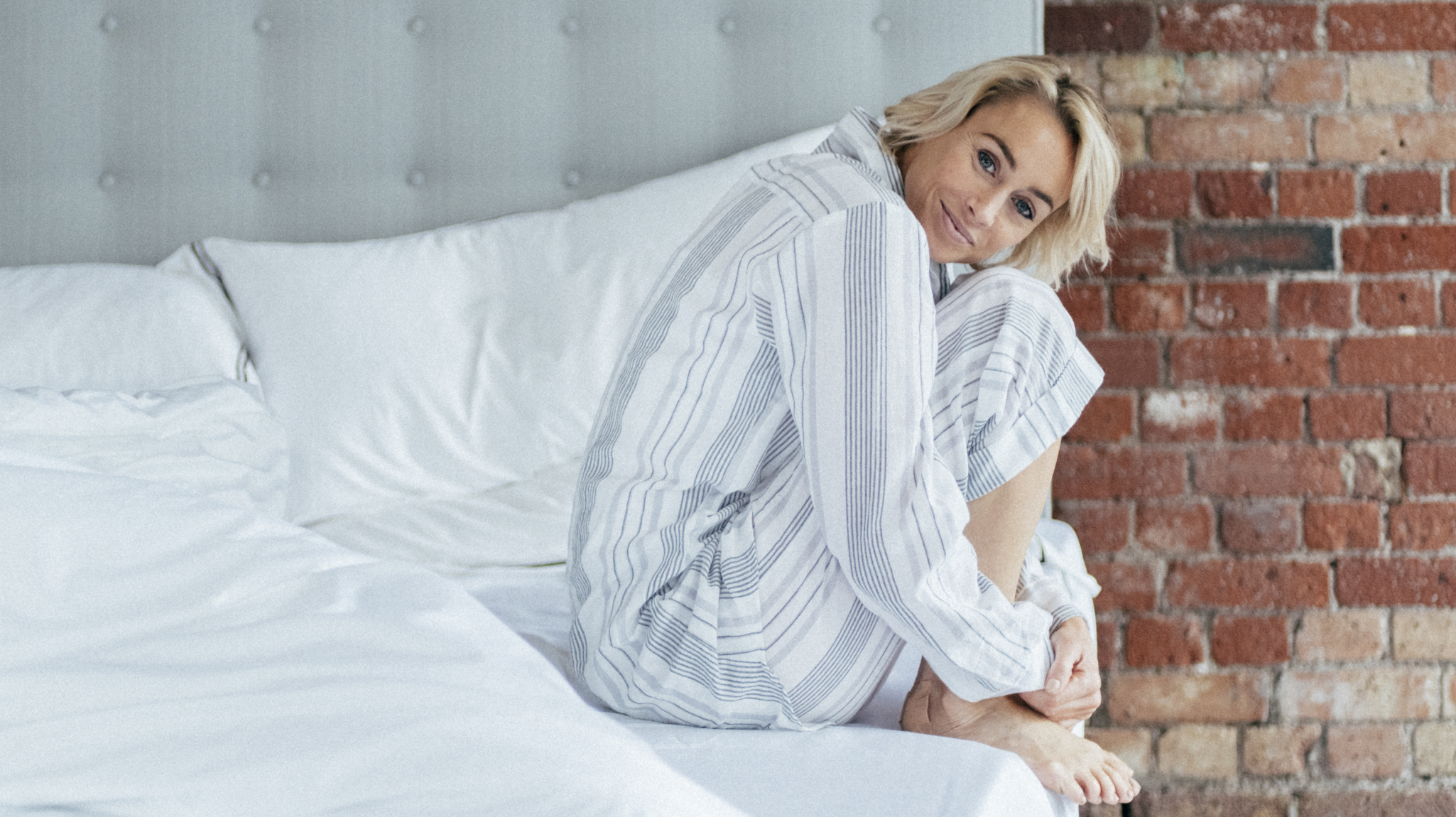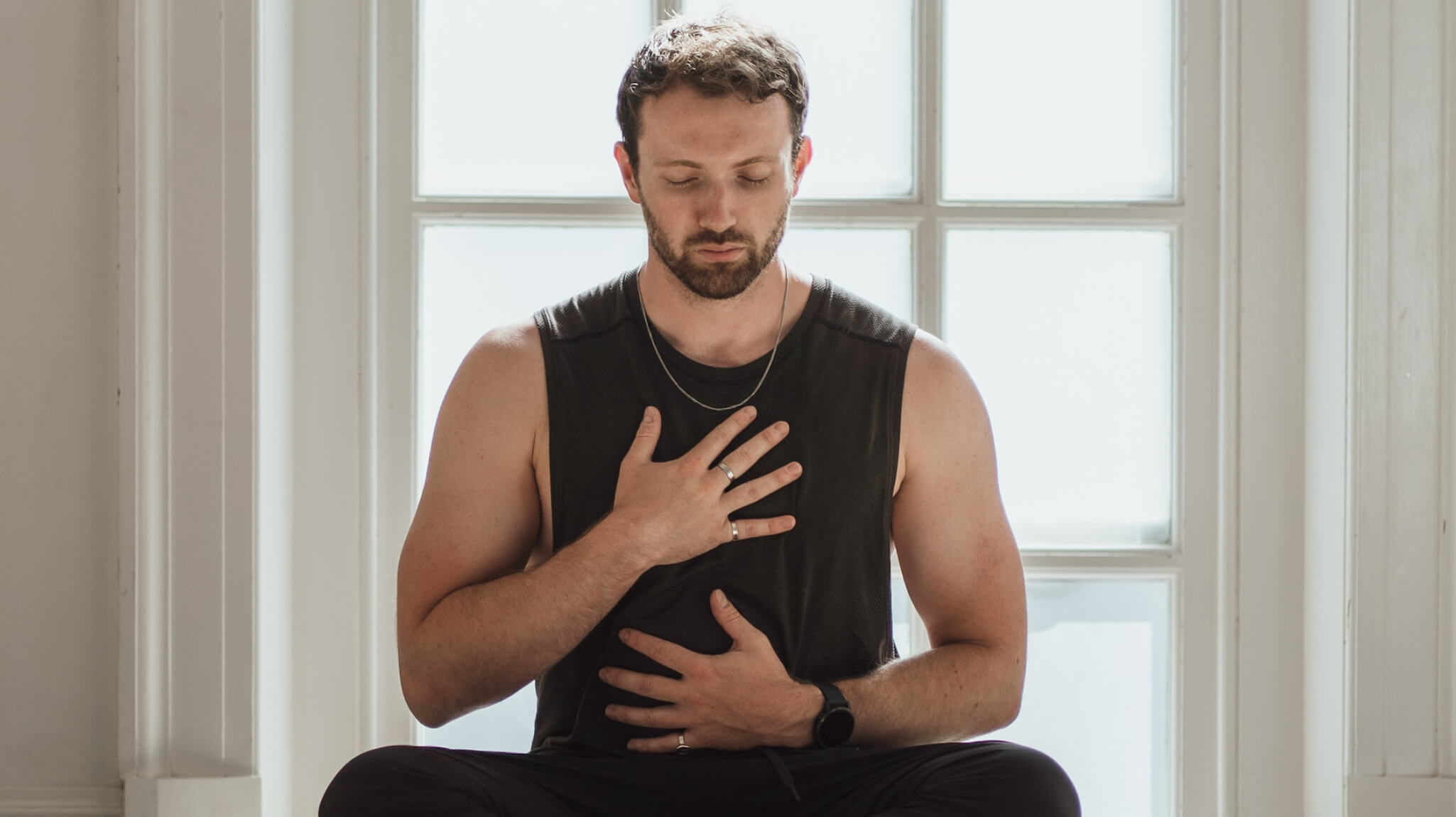Why is having a bedtime routine important?
Sleep Scientist at Harvard, Dr Rebecca Robbins dives into the science behind bedtime routines and explains how they can help us fall asleep quicker and enjoy better quality sleep consistently.

Many of us experience difficulty with drifting off some, if not most nights. The reason is that our ability to fall asleep is intimately tied to the moments leading up to sleep. Setting ourselves up for success by building routines that we can maintain as many nights of the week as possible, is critical to help us fall asleep.
When it comes to the ideal bedtime routine, Dr Robbins advises to think of whatever it is that relaxes you. Whether that’s reading a couple of pages of a book, taking a warm bath, or taking some time to practise breathwork. Identify those things that soothe you, and then pack the time before bed with those soothing activities. The key is finding the elements that soothe you, and committing to doing them each, and every night.
By committing to a routine and being diligent, only then can our brain understand that what follows those set of activities is sleep. That will set us up for success and increase our ability to fall asleep.

Savoir: What is your effective bedtime routine, and why is it important to you?
Dr Robbins: My bedtime routine is a buffer between my busy day and my sleep. Two fundamentally different activities. It’s a time that allows me to slip into a more relaxing mindset, preparing me for sleep. My routine is, to take a warm shower or a hot bath, read a few pages of a book, turn off the lights, then practice progressive muscle relaxation (tensing and releasing muscles from the toes to the face), and then drift off to sleep.
What is the impact if your bedtime routine is disrupted? How do you get it back on track?
It’s easy for work deadlines to crop up and hinder my ability to practice my bedtime routine, and that is OK. I need to remind myself that my sleep will not be perfect every night. When faced with stressful experiences, my sleep can suffer. However, the most important thing is for me to realise my stress signals. Being mindful of these signals helps me respond to them in a healthy way, such as adding meditation to my bedtime routine to counteract those stress responses, increasing my chance of a restful night’s sleep.
How do you stick to a bedtime routine when travelling?
Travelling can be challenging and can really make it hard to maintain our healthy routines. But do your very best. If you love a warm shower before bed, make sure to do that, even if you’re travelling. And try to bring element from your home environment that soothe you, with you when you travel.
I try to replicate my bedtime routine that I practise at home when I’m on the road. While naturally, there will be differences, I bring things with me when I travel to comfort me and remind me of home. For instance, no matter where I am in the world, I will make sure to make time for a warm shower or bath before bed. I have a hand cream with lavender that I use before bedtime, and I also always travel with my eye mask and earplugs. These elements give me tremendous peace of mind, knowing that noise or light in my new environment will not disrupt my sleep.


I try to replicate my bedtime routine that I practise at home when I’m on the road. While naturally, there will be differences, I bring things with me when I travel to comfort me and remind me of home.
Dr Robbins’ strategy for an effective bedtime routine
Set a Bedtime
Just as children need to set bedtimes, so should adults. Falling asleep at the same time and waking up at the same time, that’s everything. It allows the body to work with – rather than fight – its natural circadian rhythm. If we stick to a schedule, our body learns when to expect sleep and wakefulness.
It means an end to staying up late and weekend lay ins. Any more than an hour’s difference from your regular schedule and you will impose jet-lag-like symptoms on your brain. Instead, a disciplined approach will make your sleep more productive. The secret is, when you stick to a strict bedtime and wake-up time, you need less sleep because your sleep becomes so efficient.
Unwind Fully
According to studies, spending time on a calming routine before bed helps us fall asleep quicker. The time before bed is very much part of our sleep routine. People often think that they can switch from going a million miles an hour to sleeping instantly, and it doesn’t happen that way.
The key is to feel comforted and secure – be that a bath or an audiobook. It’s all the things we do for our children when we put them to bed but have gotten out of doing it for ourselves. Comfort is something we all crave as human beings; it allows us to slip into a sound sleep at night.
One way to help yourself wind down is to practice meditation or breathwork. All of us encounter stress — it’s part of our everyday life — and how we deal with it impacts our sleep. Research suggests that meditation can help improve insomnia as well as sleep quality for those with healthy sleep.
Our partnership with Dr Rebecca Robbins explores all areas of our health, from immunity and anti-ageing to performance and brain function, which can all be impacted by sleep. Join us on Instagram to discover our new series titled the Sleep Wisdom, where Dr Robbins debunks common sleep myths, uncovers the science of sleep and more.



